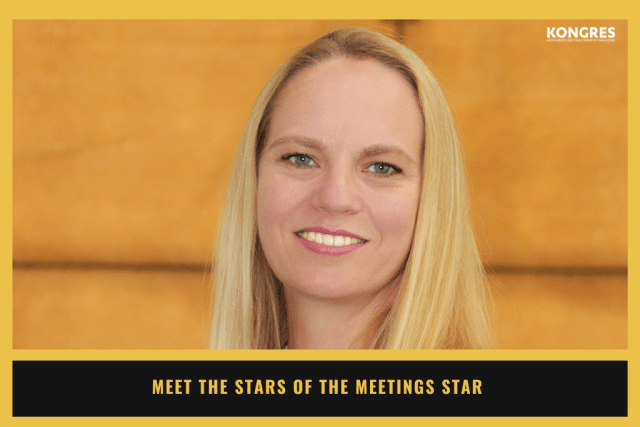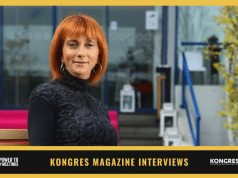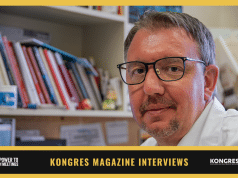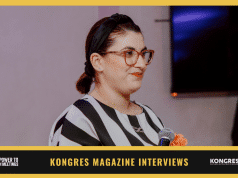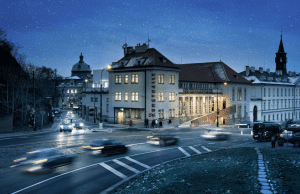Last year’s selection of influencers by Kongres Magazine marked the eighth year of the distinguished project. The selected influencers are trailblazers in their respective fields and help co-create the regional meetings industry. Kongres Magazine’s selection is, in a way, an overview of who is who in the industry.
Q1: Live meetings are coming back. What is your take on the current situation, and what is your prediction for this year?
We have all been eagerly waiting for opportunities to meet in person again. What we now see, however, is that the number of very last-minute decisions has increased tremendously. We can only forecast the next one or two months. The market has become fragile and is very much affected by the current political, economic and health conditions.
Q2: How do you see the future of digital, hybrid and metaverse events?
Digital platforms are useful, but they cannot replace certain event types. Metaverse is fun and hot right now, but let’s see if the hype will fade over time or even further evolve.

Q3: We are living in uncertain times; in the past two years, we have learned how to cope with a crisis caused by the spread of the coronavirus, and we have found ourselves amid a war recently. How do you face such crisis situations?
I face these crisis situations like everyone else, and then I switch to the what’s next survival mode. At work, the team pulls together, the energy adds up, and we develop new ideas to work around the problem and find a solution and make the best of it.
Q4: What does the future bring for the meetings industry in the next decade? Which challenges should we address immediately?
Volatility in decision-making is now a trend, and trends are changing faster. It is more challenging for the suppliers as decisions are made alongside corporate values, which means that, at times, authentic local opportunities can be missed. Political correctness, sustainability and ESG policies have become determining factors in the content and style of the meetings.
Q5: How do you keep up with the changes transforming the business world, particularly in event organising? What is your advice for our readers?
Slow down and think before you act. Consider both your personal and business life. You may advance further with one big step than with several baby steps.
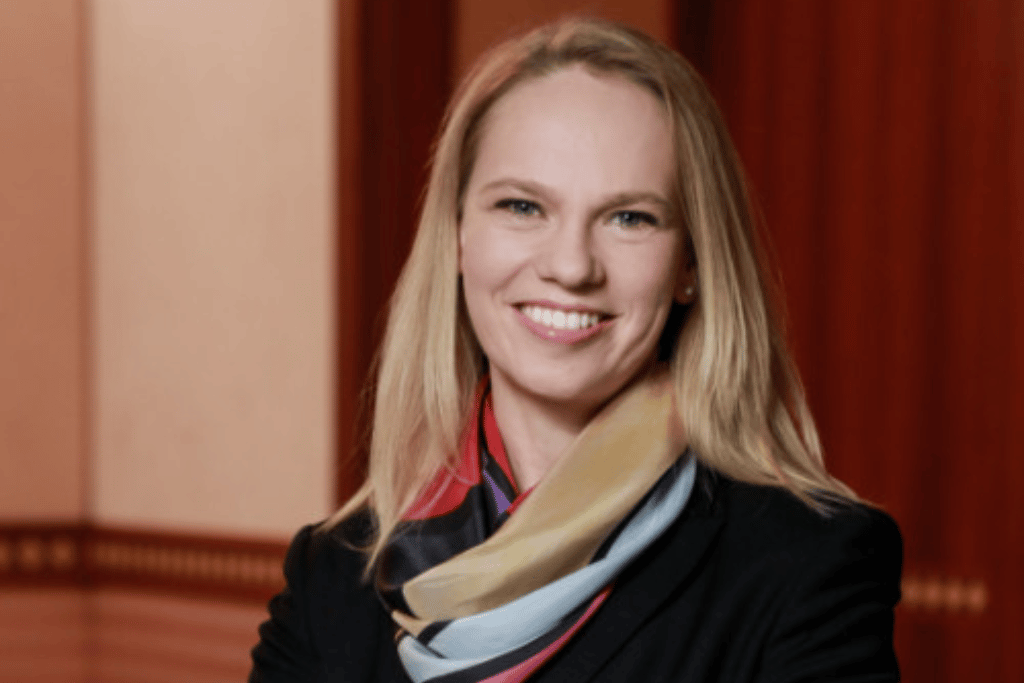
Q6: Will corporate social responsibility continue to be discussed as a priority at events instead of topical issues, such as climate change or organising events sustainably?
Please see my answer to your third question. Yes, CSR considerations will remain definitive at events.
Q7: Which trend inspires you the most, and where do you see immense potential for event organisers?
Sustainability, as it is, continues to be an inexhaustible issue for humankind and a global concern. On the local level, Kempinski Hotel Corvinus Budapest’s support for local communities and for Hungarian art is a USP and is not just a trend but a passion.
Q8: What perils do new technologies adopted during the corona crisis hide?
Isolation and futile connections also affect your personal life.
Q9: What should the meetings industry do to attract talented individuals among its ranks?
Show how diverse and colourful this profession is. No day is the same. It’s a highly charged creative environment – this is attractive for younger generations. As opposed to sitting in an office, it offers plenty of experiences.
Q10: Have you noticed that work within the industry is not as desired among the younger generations? What could be the reason behind a significant shortage of staff?
Yes, the work-life balance is becoming much more important. The value of free time over work has grown, and they do not see their performance as long-lasting. As they are uncertain, they cannot commit themselves for a longer period. That results in higher fluctuation and shorter work cycles. But longer employment also means more engagement.
Q11: What is your recommendation for young colleagues starting their professional path?
Start internships while you’re still at university. Be more patient, and don’t hop from job to job because it leads to burnout. And if you think that this is a good career path for you, don’t be dissuaded, but be loyal.
Q12: Additional question: What is a good practice case in 2022, in your opinion?
Obtain more knowledge about the profession while at school. You can seek out information behind the scenes during your internship or hotel visits, which makes decision-making easier. First impressions can be lasting impressions. We have several loyal employees who followed this practice once during their studies.
Find out more about Kempinski Hotel Corvinus Budapest here.


